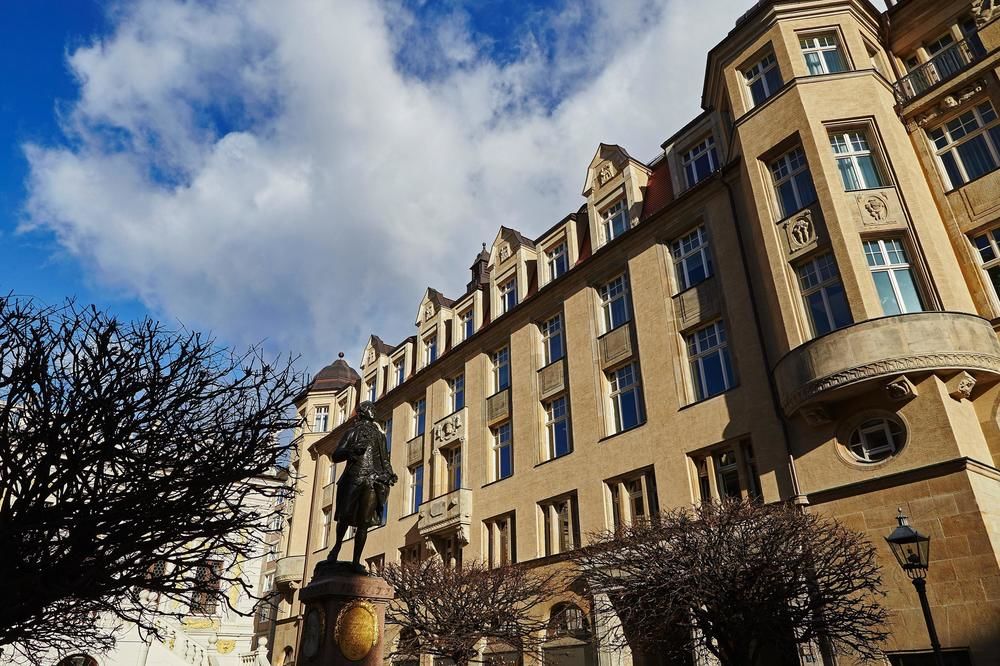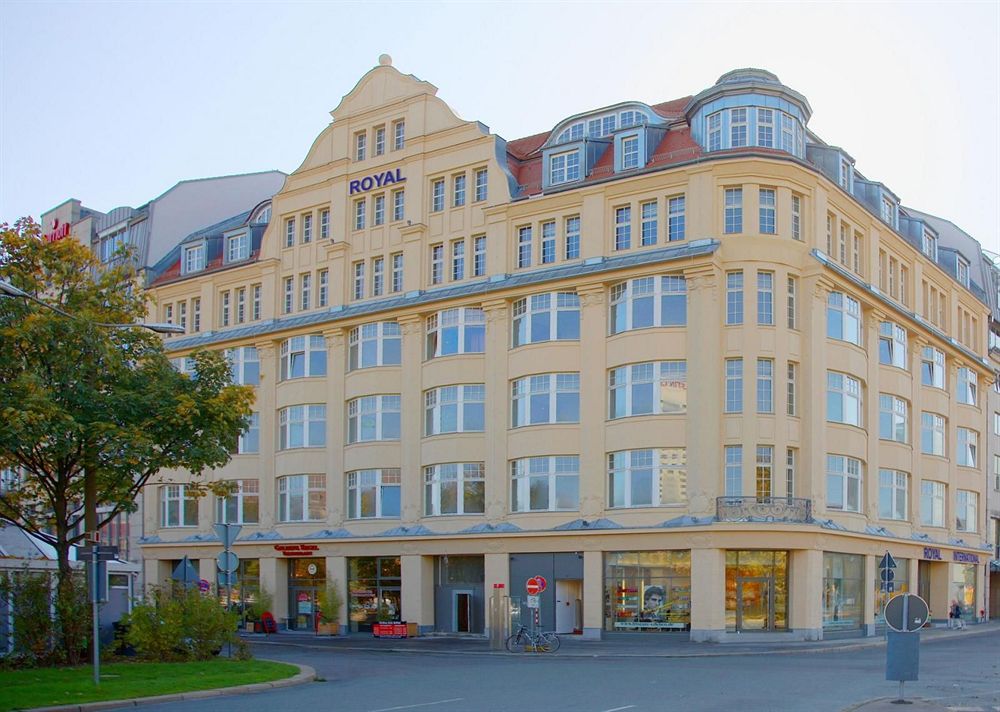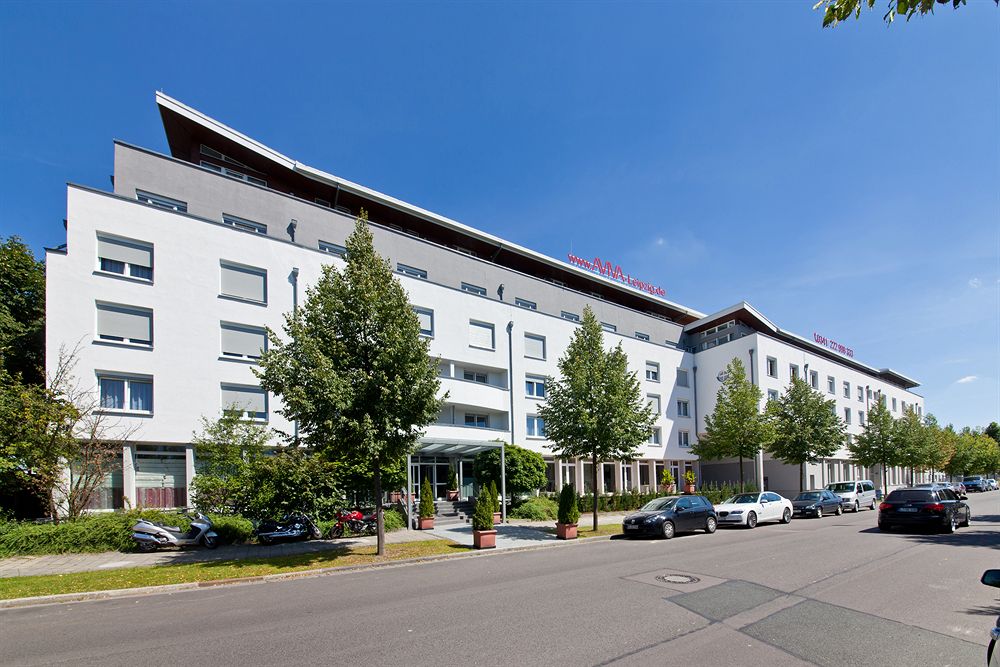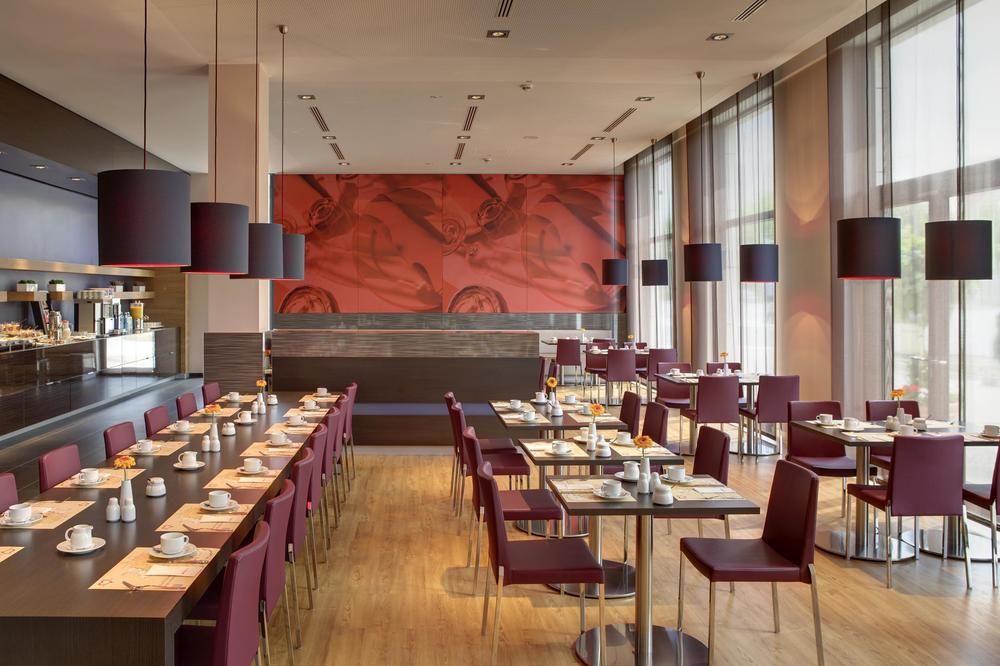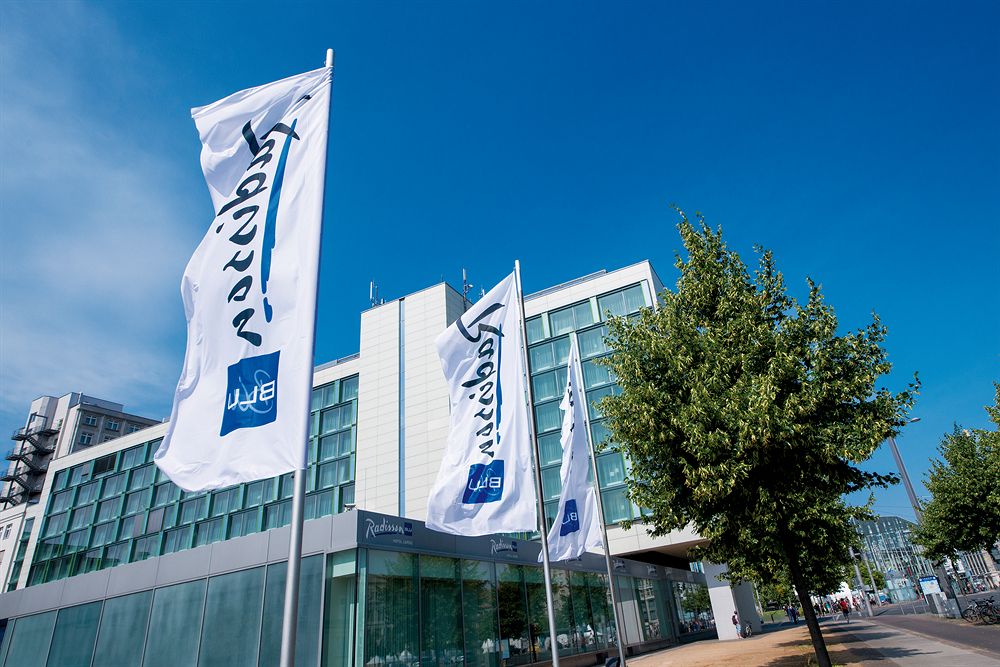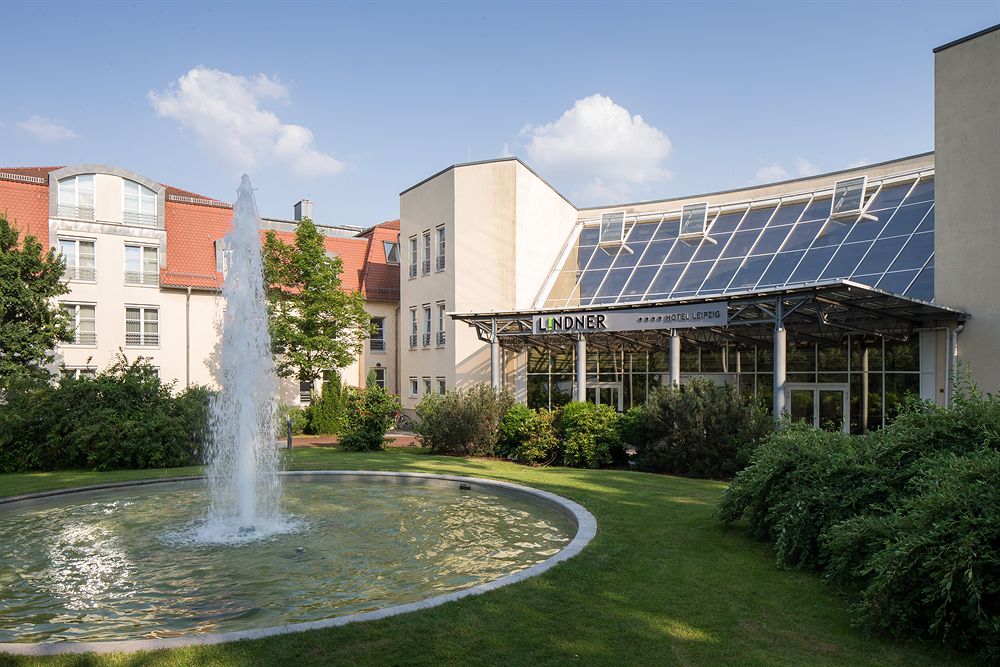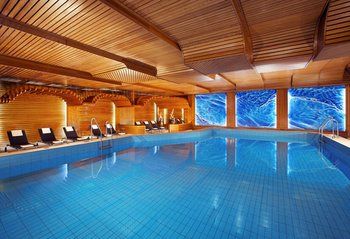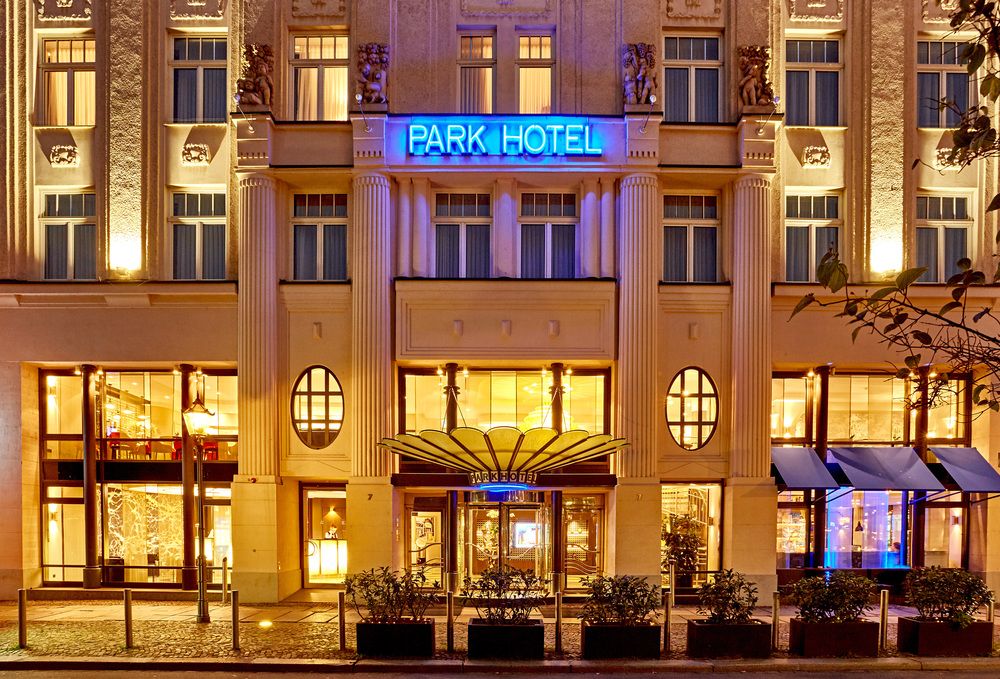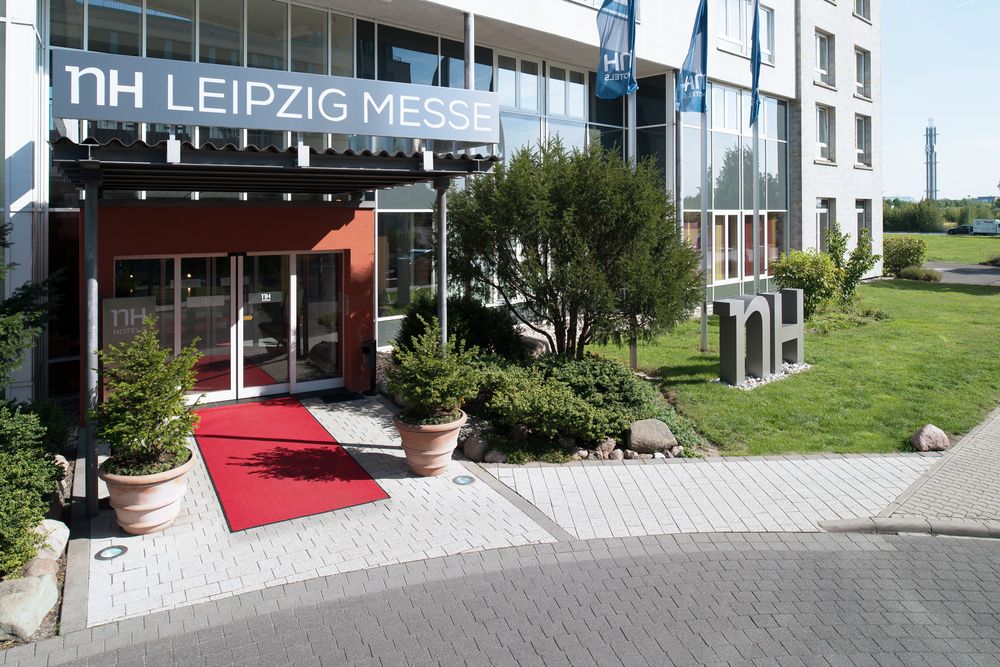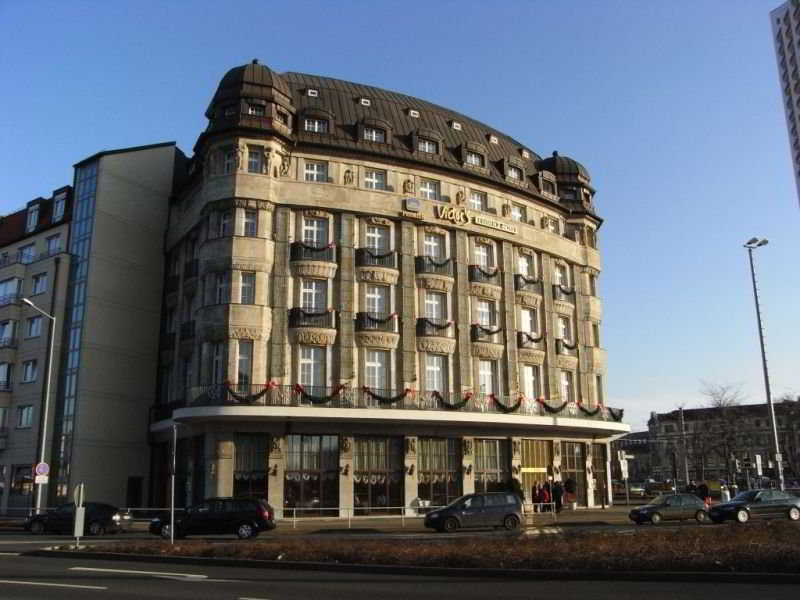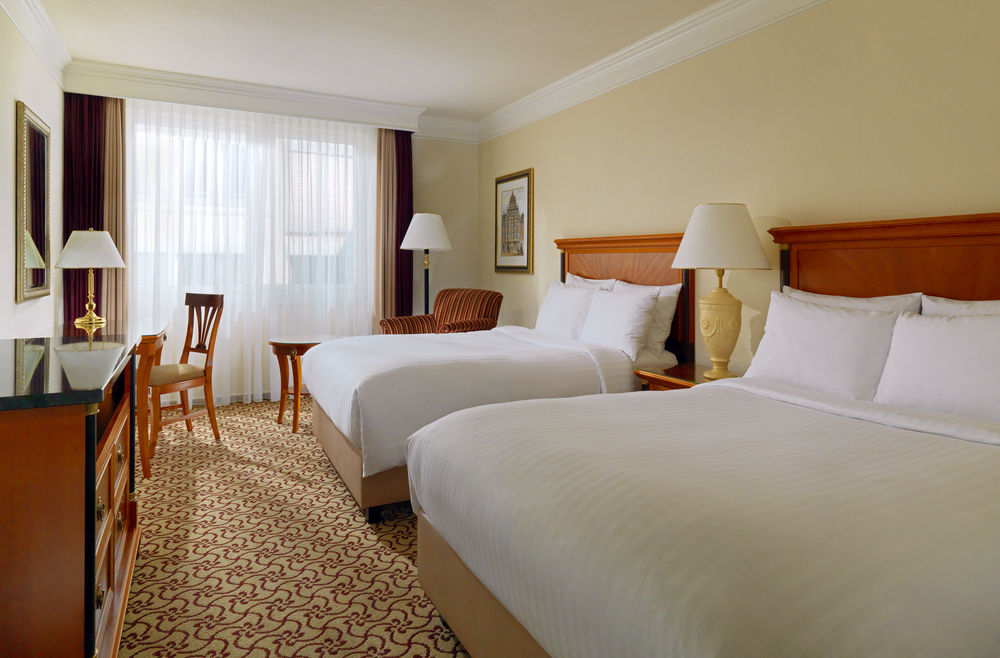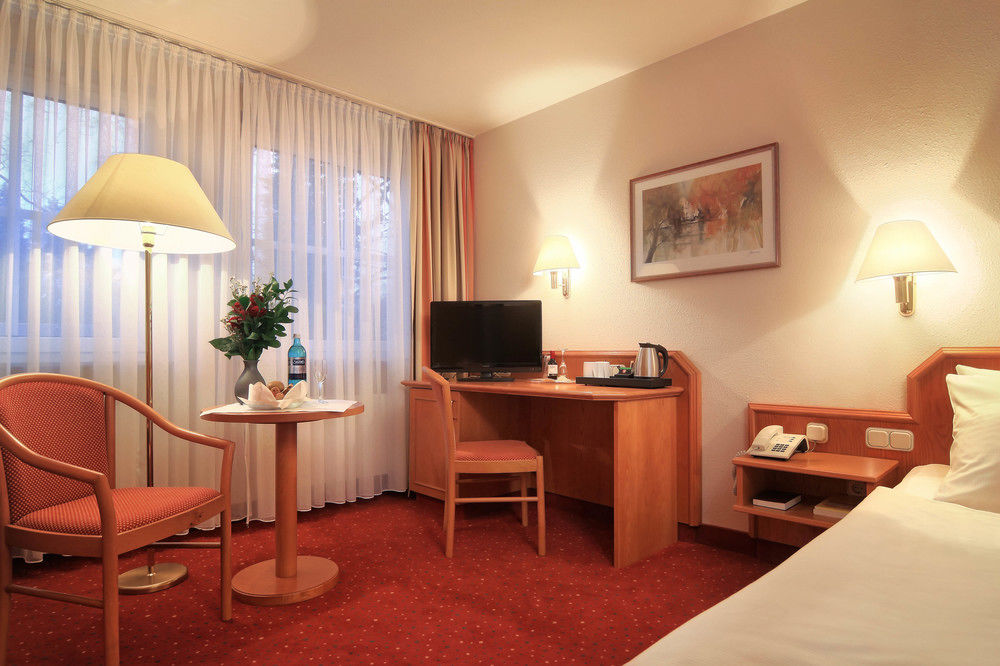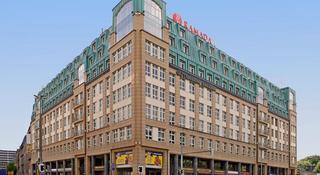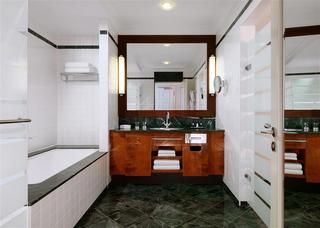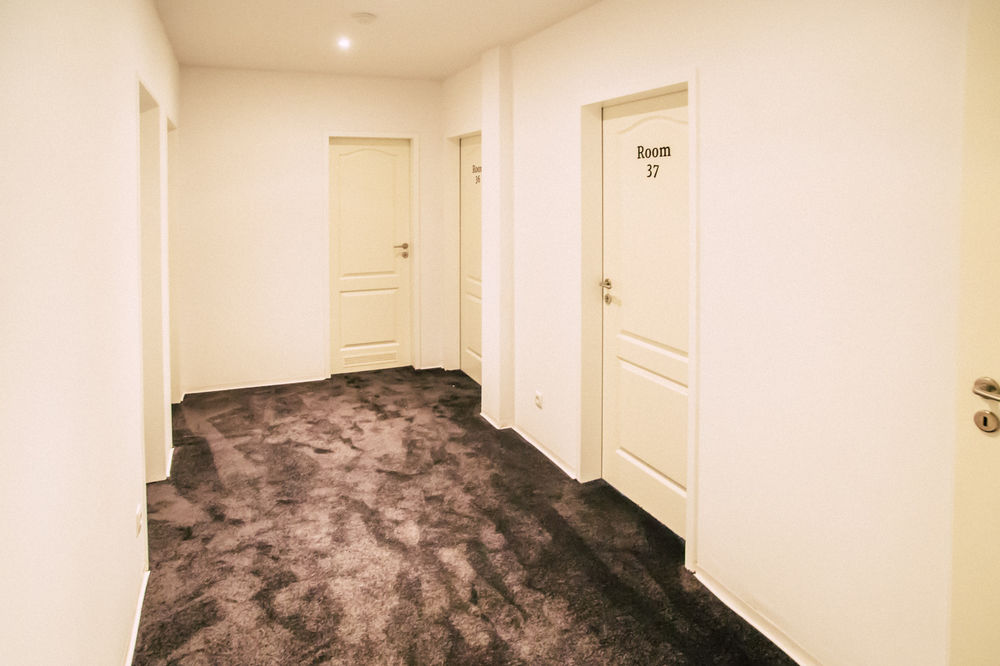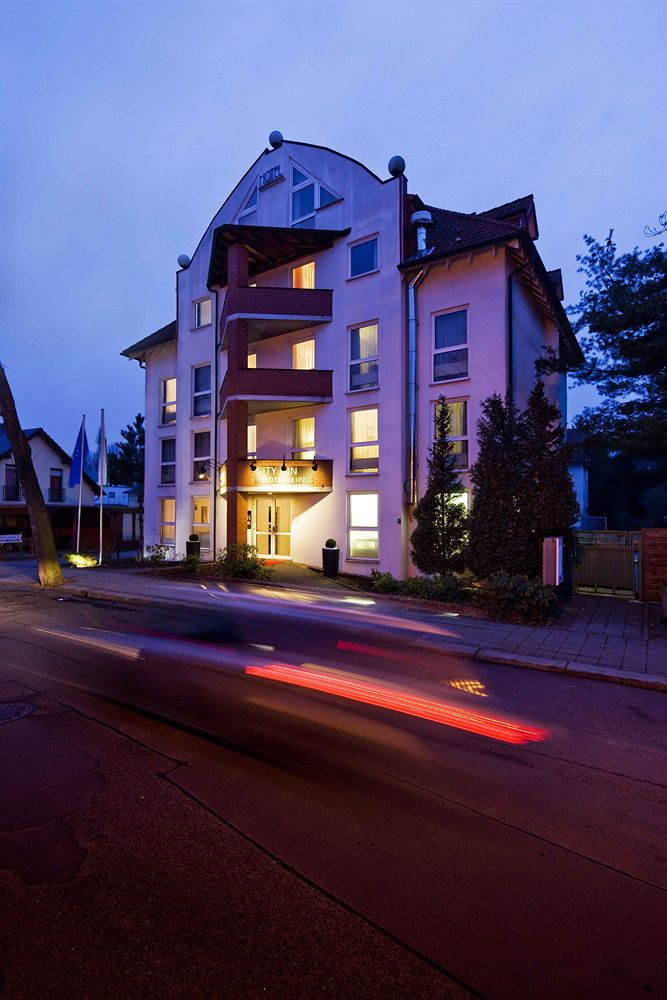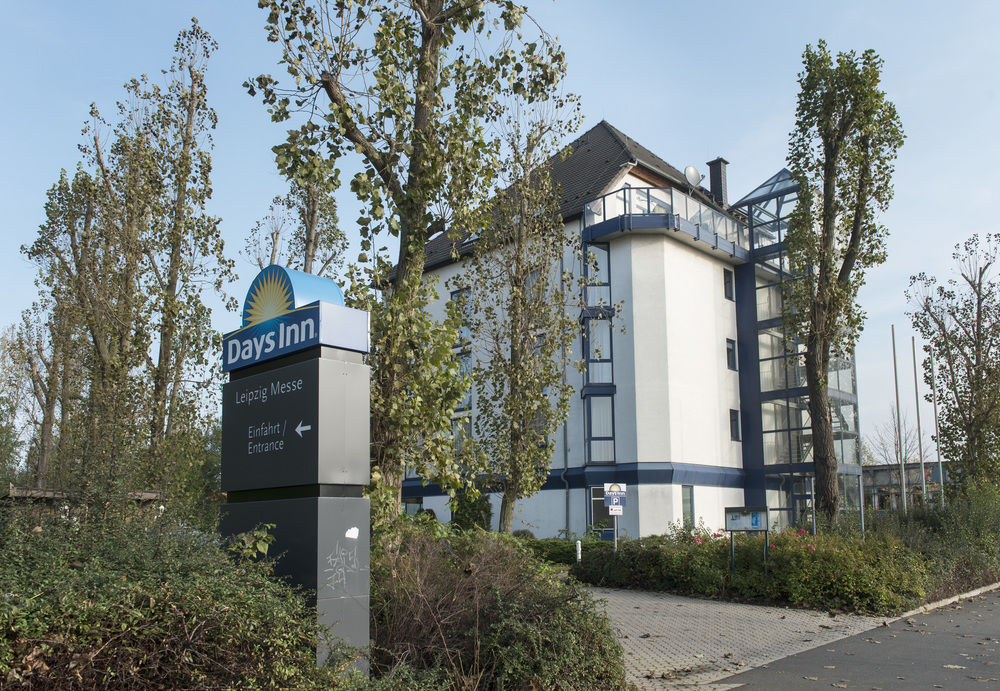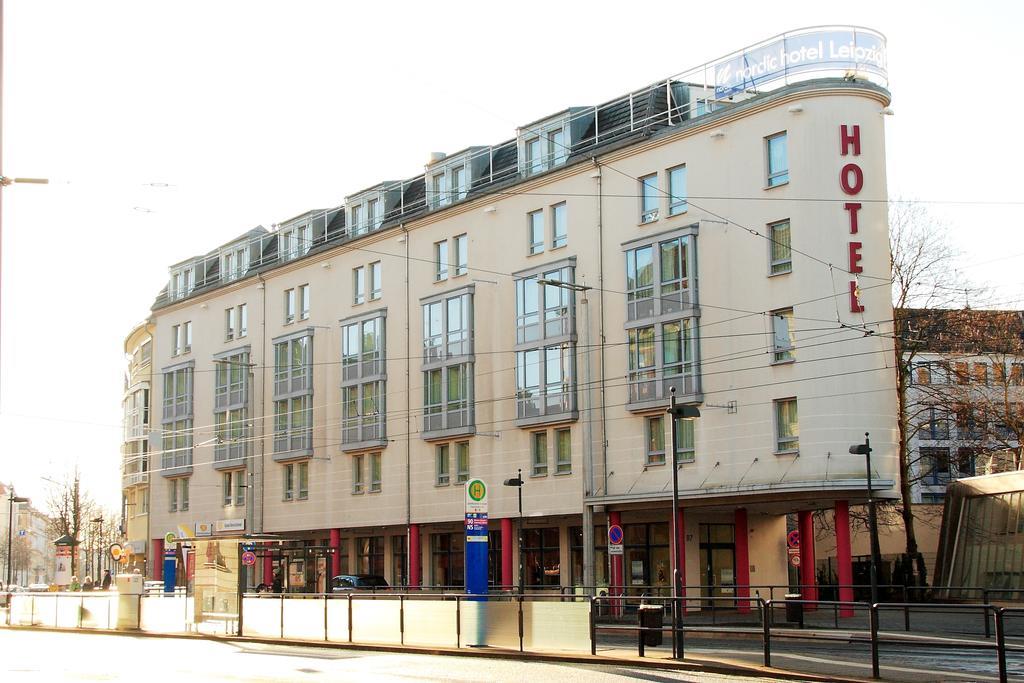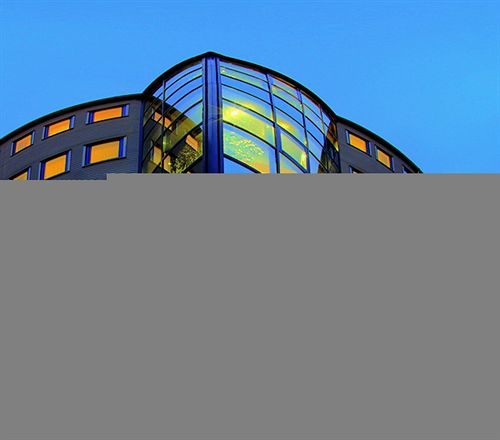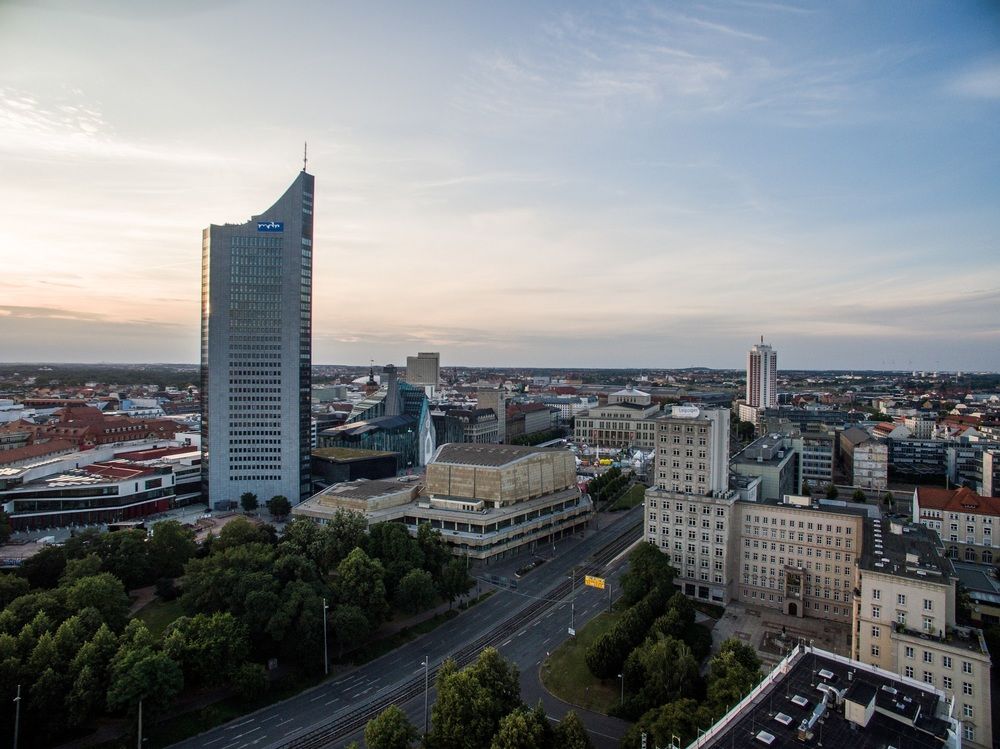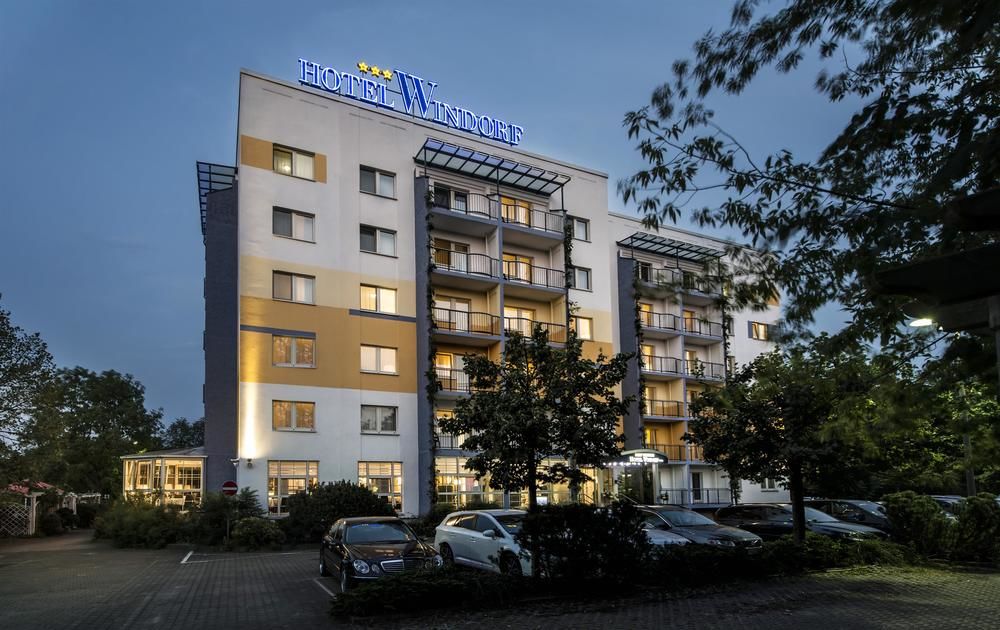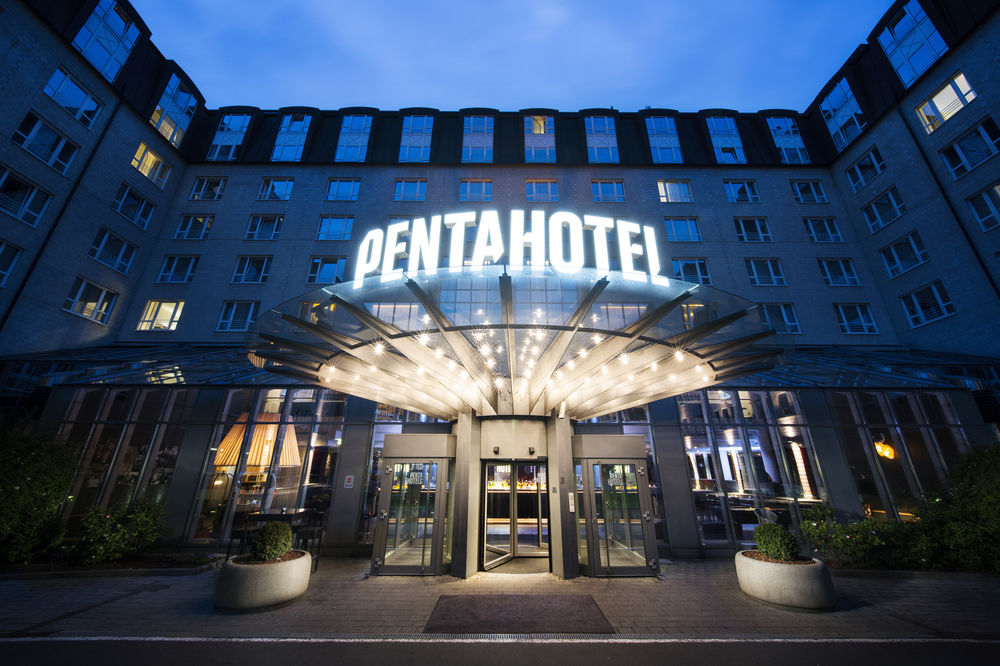
ライプツィヒホテル検索結果
AIが見つけた軒のホテルの最安値をご覧ください。
ベストホテル
最安値のホテル
ホテル等級
AIおすすめ
ライプツィヒベストホテル
ライプツィヒ 最低価格のホテル
最高評価のホテル
ライプツィヒにある5つ星ホテル
ライプツィヒにある4つ星ホテル
ライプツィヒにある3つ星ホテル
AIがおすすめする世界の旅行先
ライプツィヒ近くのホテル情報
ライプツィヒ 旅行に欠かせない情報
“The Past Center of East Germany”
Leipzig (; German: [ˈlaɪptsɪç]) is the most populous city in the federal state of Saxony, Germany. With a population of 591,686 inhabitants as of 30 June 2018, (1.1 million residents in the larger urban zone) it is Germany's tenth most populous city. Leipzig is located about 160 kilometres (99 mi) southwest of Berlin at the confluence of the White Elster, Pleiße and Parthe rivers at the southern end of the North German Plain.
Leipzig has been a trade city since at least the time of the Holy Roman Empire. The city sits at the intersection of the Via Regia and the Via Imperii, two important medieval trade routes. Leipzig was once one of the major European centres of learning and culture in fields such as music and publishing. Leipzig became a major urban centre within the German Democratic Republic (East Germany) after the Second World War, but its cultural and economic importance declined.Events in Leipzig in 1989 played a significant role in precipitating the fall of communism in Central and Eastern Europe, mainly through demonstrations starting from St. Nicholas Church. Since the reunification of Germany, Leipzig has undergone significant change with the restoration of some historical buildings, the demolition of others, and the development of a modern transport infrastructure. Leipzig today is an economic centre, the most livable city in Germany, according to the GfK marketing research institution and has the second-best future prospects of all cities in Germany, according to HWWI and Berenberg Bank. Leipzig Zoo is one of the most modern zoos in Europe and ranks first in Germany and second in Europe according to Anthony Sheridan. Since the opening of the Leipzig City Tunnel in 2013, Leipzig forms the centrepiece of the S-Bahn Mitteldeutschland public transit system. Leipzig is currently listed as Gamma World City and Germany's "Boomtown".Oper Leipzig has become one of the most prominent opera houses in Germany. It was founded in 1693, making it the third oldest op
 時間 UTC+02
時間 UTC+02 通貨 EUR
通貨 EUR 言語 German
言語 GermanStaypiaだけの特別な特典
リアルタイムホテル最安値比較
AIが見つけたin ライプツィヒの軒のホテルのリアルタイム最安値を簡単に比較検索できます。
316万軒のホテルを最安値で予約
最低価格に最大31%追加メンバーシップ割引でさらにお得にご予約いただけます。
自分だけの
AIがリアルタイムで更新するライプツィヒ旅行情報で便利に旅行を準備しましょう。
よくある質問
ライプツィヒで最も人気のあるホテルは pentahotel Leipzig, Steigenberger Grandhotel Handelshof Leipzig, Royal International Leipzig です。
ライプツィヒで最も人気のある5つ星ホテルはpentahotel Leipzig, Steigenberger Grandhotel Handelshof Leipzig, Hotel Furstenhof Leipzigです。 ライプツィヒ 評価順にホテルを見る
ライプツィヒで最も評価の高いホテルはpentahotel Leipzig, Steigenberger Grandhotel Handelshof Leipzig, IntercityHotel Leipzigです。
一般的なホテルの場合、客室予約はキャンセル締切日前まで無料返金が可能です。キャンセル締切日以降は手数料が発生する場合がありますので、ホテルバウチャーまたはメニュー>マイ予約でキャンセル締切日をご確認ください。
ステピアでは、AIが収集した316万件のホテルの最安値はもちろん、会員限定の追加割引価格で人気ホテルを予約することができます。
